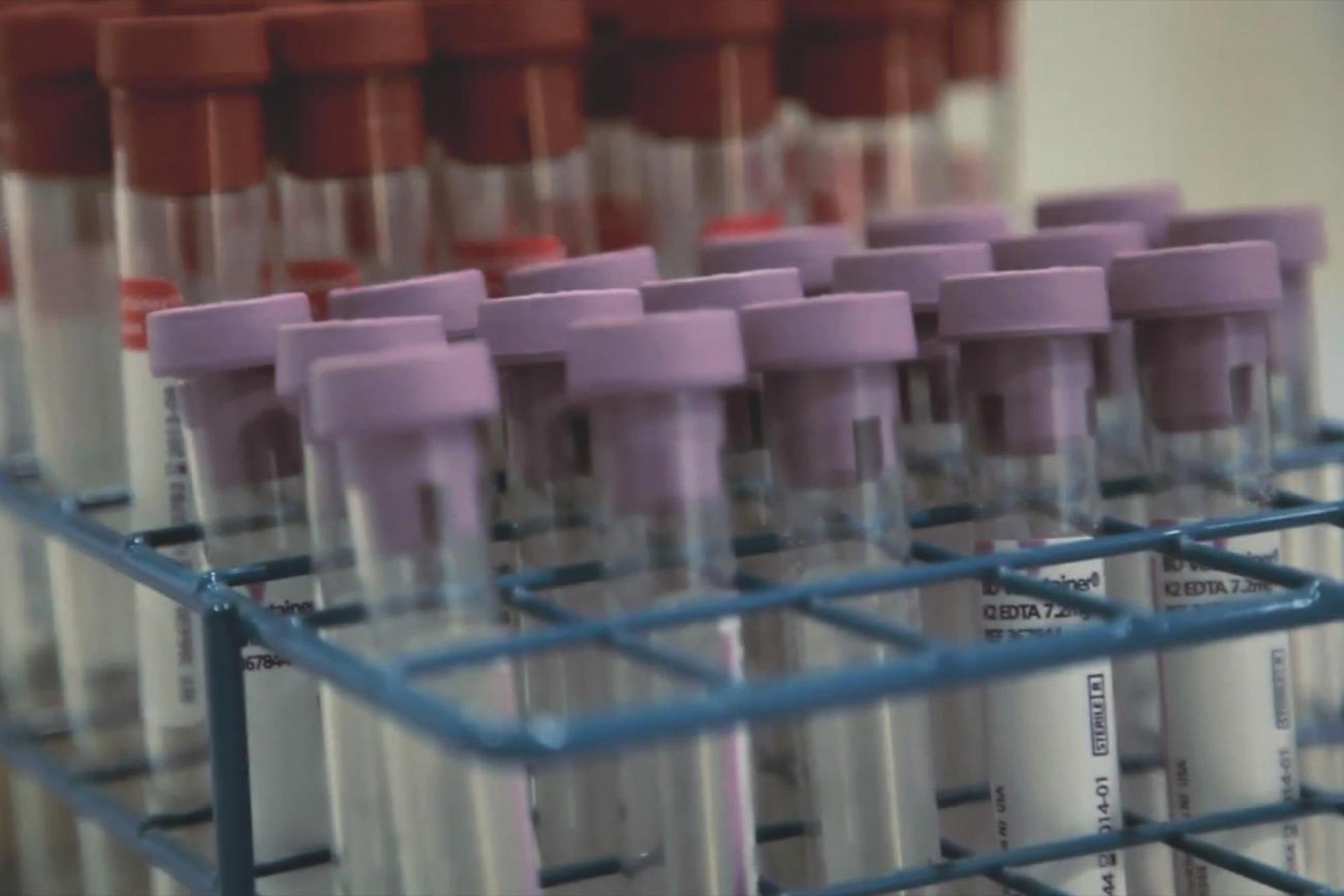23andMe's Database of Genetic Information Is Going to Make It Lots of Money The company just announced a lucrative deal with the biotech firm Genetech, and says many similar deals are in the works.
By Laura Entis
Opinions expressed by Entrepreneur contributors are their own.

For quite some time, tech companies have realized big data means big bucks. (Hello cookies and updated privacy policies.) Facebook is notorious for collecting information on its users, Foursquare sells its users' data to ad-targeting firms and Twitter allows scientists to mine its data. Indeed, consulting firm McKinsey called it a $300 billion industry back in 2011, a number that has surely grown since.
Now, genetic testing startup 23andMe wants in on the data gold mine.
Yesterday, the company announced that it is teaming up with the biotech firm Genetech to try and identify new treatments for Parkinson's disease. The genetics company received a payment of $10 million (with "as much as $50 million" in additional payments down the line) from the biotech firm in exchange for access to its library of genetic data, Forbes reports. What's more, this is only the first of 10 similar deals with biotech companies, according to the outlet.
Related: Google Wants to Build a Model of Perfect Human Health
This infusion of cash, along with the promise of additional lucrative deals in the future, comes at a pivotal time for 23andMe.
Until it ran afoul of the FDA, the company analyzed consumers' personal genomes in order to provide detailed summaries of their genetic risk for a host of common diseases (done through a spit kit sent by mail). But in 2013 the FDA announced that it was concerned about "the public health consequences of inaccurate results" from these mail-in spit tests and banned them. (It continues to offer a genealogy test, which provides people with information about their ancestry and relatives.)
The Genetech partnership -- along with the other deals reportedly in the works -- is a lifeline for the company, as it continues to try to get back in the FDA's good graces. Since 2013, 23andMe's sales has understandably slowed, but it has nonetheless collected the genetic data of more than 800,000 individuals since its founding, out of which approximately 600,000 have signed away their consent for their genetic information to be used for research purposes, according to Forbes.That's a big, valuable trove of data.
While on the surface it may appear alarming that customers' genetic data is being sold for a profit, it's a development that appears to always have been part of cofounder Anne Wojcicki's vision. From the company's origins in 2006 Wojcicki, the ex-wife of Google co-founder Sergey Brin, spoke of her desire to use the principles of big data to "solve health" by gathering and analyzing the genetic information of a large pool of individuals (collected via mail-in spit tests), in order to extrapolate connections, insights and ultimately, cures. "The rest of your life is optimized because of Big Data," Wojcicki told New York Magazine back in April. "But it isn't for health care and that's fundamentally the most important thing for you."
Related: Google Is Interested in Your Health, But Deterred by Regulations
For now, the partnership Wojcicki's company has made with Genetech is fairly contained in scope: The two companies will work together to generate sequencing data for the roughly 3,000 spit samples 23andMe has collected from Parkinson's patients in an attempt to identify new treatments for the disease.
But subsequent deals could be more far-reaching: Consumers who bought 23andMe kits and agreed to donate their genetic information to research automatically consented for 23andMe to sequence their genomes, Forbes reports, and the company says it can share anonymized, pooled information about their self-reported health traits without getting permission first.
Wojcicki's stated mission has always been to collect and analyze as much genetic data as possible in order to save lives. "23andMe helps individuals with debilitating disease participate in research and make advances happen faster," Wojcicki said in a statement announcing the news. "I am thrilled about this partnership and believe this can help accelerate meaningful discoveries for Parkinson's patients."
As with many of her ex-husband's GoogleX projects, Wojcick's mission raises safety and privacy questions, while simultaneously offering up the possibility of radical, life-saving innovation.
Related: In Taking Aim at 23andMe, Regulators Missed the Mark










